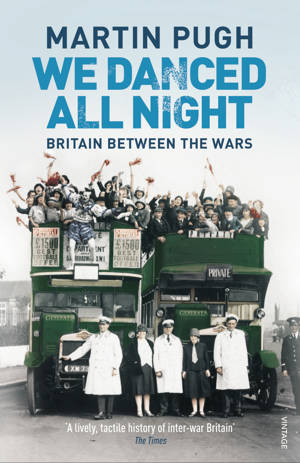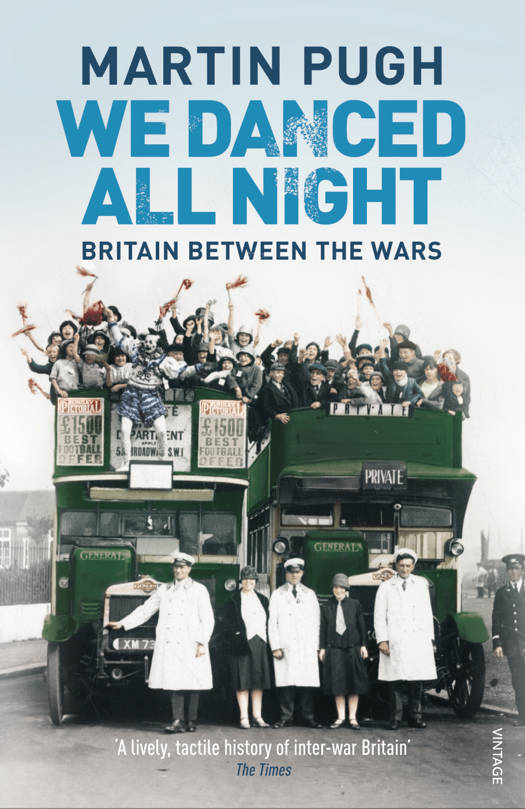
- Retrait gratuit dans votre magasin Club
- 7.000.000 titres dans notre catalogue
- Payer en toute sécurité
- Toujours un magasin près de chez vous
- Retrait gratuit dans votre magasin Club
- 7.000.0000 titres dans notre catalogue
- Payer en toute sécurité
- Toujours un magasin près de chez vous
Description
Bounded by the Great War on one side and by the looming shadow of the Second World War on the other, the inter-war period has characteristically been portrayed as a time of great and unrelenting depression. In Martin Pugh's lively and thought-provoking book, however, the acclaimed historian vividly shows how the British people reacted to the privations of wartime by indulging in leisure and entertainment activities of all kinds - from dancing and cinema going to smoking, football pools and paid holidays.
He explodes the myths of a nation of unwed women, revealing that in the 1930s the institution of marriage was reaching its heyday, and points to a rise in real incomes, improvements in diet and health and the spread of cheap luxuries. The result is an extraordinary, engaging work of history that presents us with a fresh perspective and brings out both the strangeness and the familiarity of this point in time.
Spécifications
Parties prenantes
- Auteur(s) :
- Editeur:
Contenu
- Langue:
- Anglais
Caractéristiques
- EAN:
- 9781448162741
- Date de parution :
- 30-12-13
- Format:
- Ebook
- Protection digitale:
- Adobe DRM
- Format numérique:
- ePub

Les avis
Nous publions uniquement les avis qui respectent les conditions requises. Consultez nos conditions pour les avis.






